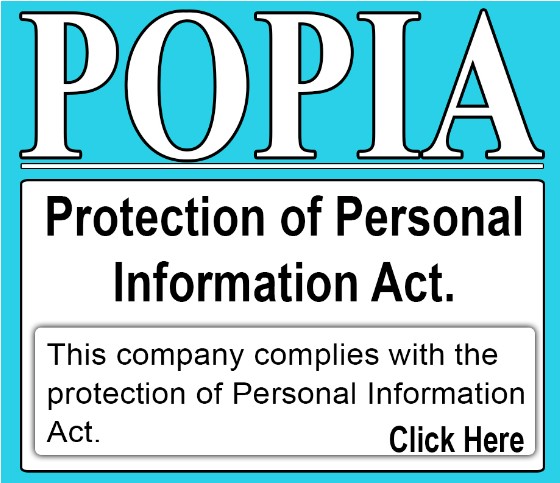BRITS POS – BRITS - Eskom has issued a stern warning to homeowners with rooftop solar systems, stating that all installations must be registered with the utility or risk being deemed illegal—a process that could be costly.
This regulation applies even to those systems that do not feed electricity into the grid. The move is part of Eskom’s broader effort to ensure compliance with national electricity regulations and maintain grid stability. Eskom spokesperson Daphne Mokwena said that while Eskom supports solar energy, homeowners need to follow the rules.
“Eskom, as a licensed electricity distributor, is bound by regulations set by the National Energy Regulator of South Africa (NERSA), which mandate that all small-scale embedded generators meet specific safety and operational standards,” she said.
The registration process ensures that solar systems do not compromise the safety and reliability of the grid, she added.
Eskom’s rules have been in place since 2019, and various awareness campaigns have been conducted to encourage compliance.
However, to date, only about 1300 customers have successfully registered their systems, leaving a significant number of unregistered installations across the country.
To register their systems, homeowners must hire a qualified engineer or technologist to certify compliance.
Eskom advises that this process should ideally be completed before installing solar panels to avoid potential non-compliance issues.
For those who already have systems in place, Eskom has launched a campaign running until March 2026, allowing homeowners to register their installations without incurring connection fees for systems below 50 kVA.
However, homeowners may still be required to cover costs for inspections and any necessary upgrades, such as the installation of smart meters.
If homeowners do not register by March 2026, they could face penalties, including a fine of about R6,052, warned Mokwena.
The utility is urging homeowners to take advantage of the current grace period to avoid future fines.
Massive costs
Despite Eskom’s assurances, concerns have been raised about the costs associated with meeting the registration requirements.
Some homeowners have reported significant expenses linked to making their systems compliant.
According to a MyBroadband report, certain households have been quoted between R27,000 and R50,000 to bring their installations in line with Eskom’s regulations.
The cost depends on the type of system a person has and whether changes need to be approved.
Initially, there was confusion among Eskom staff regarding the registration process due to delays in tariff approvals.
However, Mokwena stressed that employees have now been trained and that the necessary registration forms are available on Eskom’s website.
Homeowners are encouraged to initiate the registration process as soon as possible to avoid potential penalties and additional costs.
As more households turn to solar power to mitigate the impact of load-shedding and rising electricity costs, Eskom is taking steps to ensure that these installations meet safety and technical standards.
However, with the deadline set for March 2026, homeowners with rooftop solar systems must now decide whether to comply with Eskom’s regulations or risk facing fines and other enforcement actions.
*Malcolm Libera









